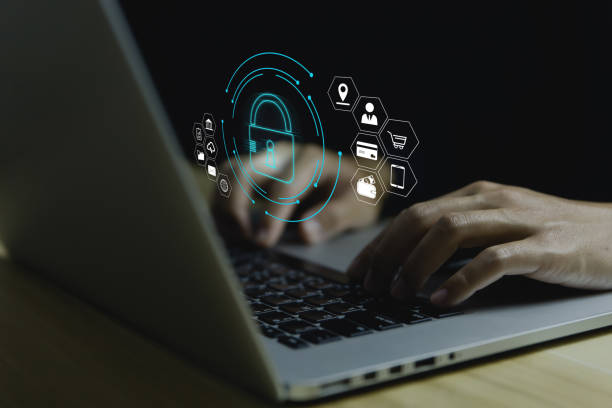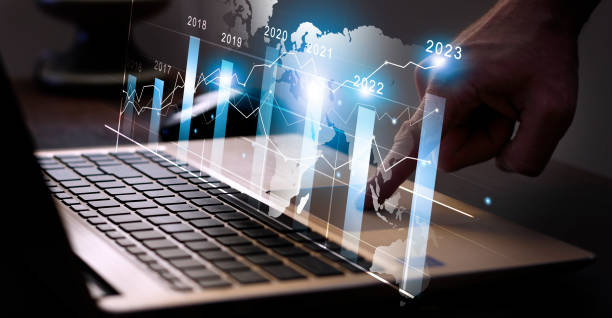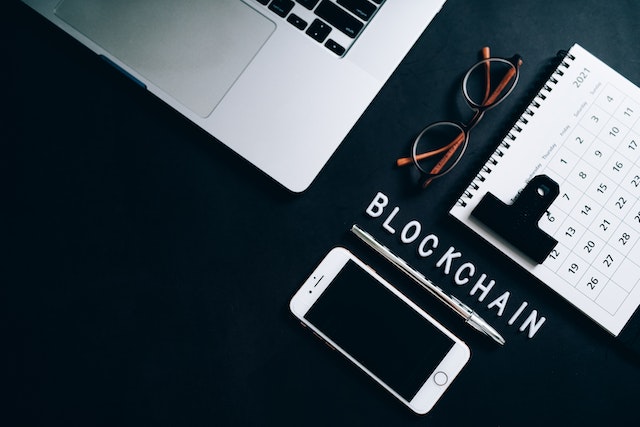The blockchain is a revolutionary technology that has been making waves in the tech world for the past few years. It is a digital ledger of sorts that records and stores data, and it can be used for a variety of purposes. In this blog post, we’ll explore the top 10 uses for blockchain technology that you may not have heard about. These innovative applications of the technology are sure to pique your interest and have you thinking about how you could use the blockchain to improve your business or your daily life. So, let’s dive in and explore the amazing potential of the blockchain!
1) Smart Contracts

Smart contracts are computer protocols that facilitate, verify, and enforce the negotiation and performance of an agreement or transaction. These contracts can be used to automatically execute predetermined functions when specific conditions are met, such as payment transfer. Smart contracts are immutable, meaning they cannot be altered once they are executed. This makes them a secure and reliable way to make transactions.
2) Decentralized Applications
Decentralized applications (dApps) are a type of software program that runs on a distributed ledger such as a blockchain. dApps provide users with trustless and permissionless access to services and data, allowing them to interact with others securely and transparently. dApps are the future of decentralized computing, offering the potential for users to create, store and control their own data, giving them greater control over their digital assets and activities.
3) Supply Chain Management

Blockchain technology has a huge potential to revolutionize supply chain management. It can provide transparency and traceability along the entire supply chain, from manufacturing to the final customer. The blockchain’s decentralized ledger can securely store data about each item that passes through the supply chain, allowing companies to track products from beginning to end. Additionally, the use of smart contracts can automate and simplify many of the processes involved in supply chain management.
4) Identity Management
The blockchain can be used to securely store and share personal information, allowing users to create secure digital identities that can be used for online services. This provides an extra layer of security and helps protect against identity theft and fraud. This technology can also be used to verify identities, such as when voting or when accessing sensitive information. It’s even being used by some companies to create secure, private databases that can store personal data while still allowing it to be shared with authorized users.
5) Data Management

Blockchain technology enables secure data storage and management. Data is encrypted and distributed across a network, making it safe from tampering or unauthorized access. This makes it perfect for storing and managing sensitive information such as medical records, financial records, and digital identities. By using blockchain technology, organizations can ensure that their data is kept secure and confidential.
6) Asset Tracking
Blockchain technology can be used for tracking and managing assets. This could include physical items such as inventory, or intangible items like intellectual property. It provides transparency and secure data storage, making asset tracking more efficient and reliable. It also enables easier transactions of ownership or use, eliminating paperwork and making it simpler to transfer ownership or rights.
7) Voting

Blockchain technology can help secure and verify voting processes, ensuring accuracy and transparency. The immutable nature of the blockchain ensures that votes can’t be changed or manipulated, ensuring a fair and secure system for casting votes. It also allows for anonymity, allowing voters to cast their ballots without fear of repercussions or repercussions.
8) Royalty and Copyright Management
Using the blockchain can help to manage royalty and copyright payments. It enables automatic and transparent tracking of ownership rights and royalty payments, making sure that creators are compensated for their work in a timely manner. With the blockchain, payments can be securely recorded, tracked, and distributed without the need for intermediaries or third parties.
9) Fundraising

Blockchain technology has opened up a whole new world of possibilities when it comes to fundraising. Using a blockchain-based system, companies can launch Initial Coin Offerings (ICOs) to quickly and securely raise funds for their projects. This new form of crowdfunding is becoming increasingly popular as it removes many of the restrictions imposed by traditional fundraising methods.
10) Peer-to-Peer Transactions
Blockchain technology can be used to facilitate and manage peer-to-peer transactions. Transactions can occur directly between individuals, with no intermediaries involved. This allows for faster transactions and more direct control of funds by users. This makes blockchain technology a great option for buying and selling goods, transferring money, and other peer-to-peer transactions.

